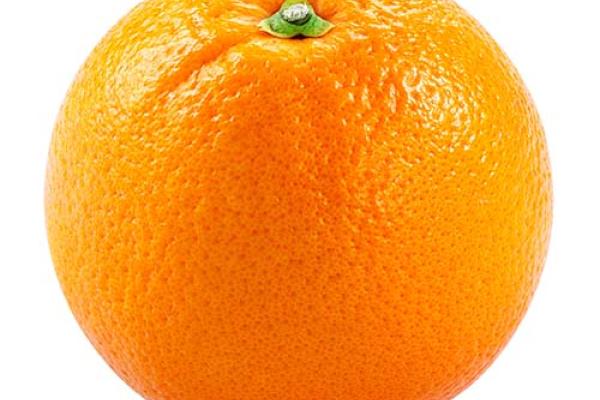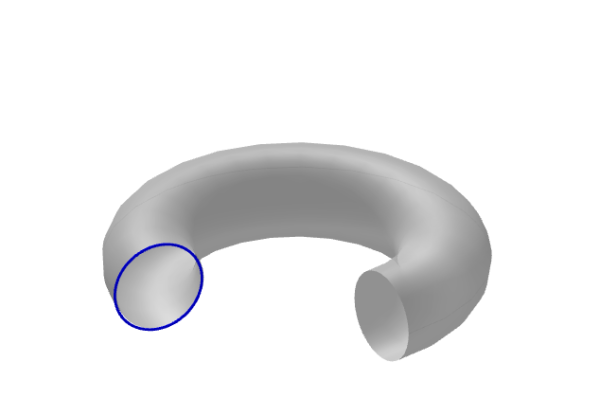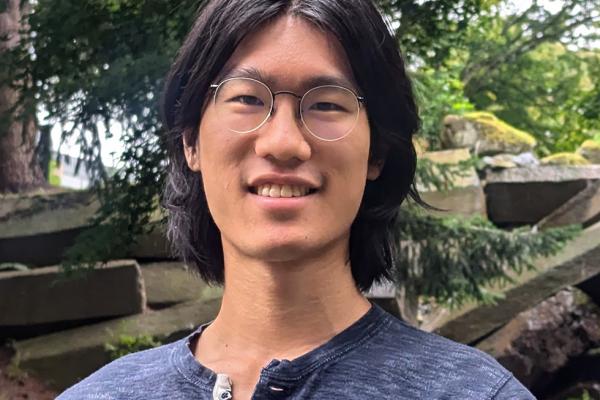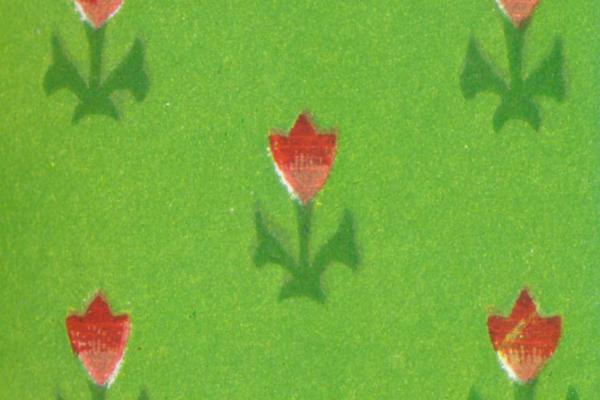
Maths in a minute: Topology
When you let go of the notions of distance, area, and angles, all you are left with is holes.

When you let go of the notions of distance, area, and angles, all you are left with is holes.

Find out how topology, traditionally part of pure maths, can help us understand big data, with applications in areas such as cancer research and social justice.

Can topological data analysis create a revolution in the life sciences?

See all our content on this fascinating method that uses pure maths to analyse real-life data.



Explore our content on a long-standing problem in topology that has only recently been solved.








Want to expand your horizon? Then discover one of the hardest problems in algebraic topology which has only recently been solved: the Kervaire invariant problem.

Zhouli Xu takes us on a trip into higher dimensions, retracing some of the journey towards a proof of the Kervaire invariant problem.

We continue our journey towards a proof of the Kervaire invariant problem.

We explore a famous problem which shaped 20th century topology.

We all know what data is and you might know what topology is. But what is topological data analysis? We find out with Heather Harrington.

Groups are staples in mathematics and group theory is often described as the study of symmetry. But what does that mean? Find out with Justin Chen!

Groups have become a core part of the language of modern mathematics and theoretical physics. On this page, find out how groups can help describe roots of polynomials, holes on a surface, and even the laws of physics!



